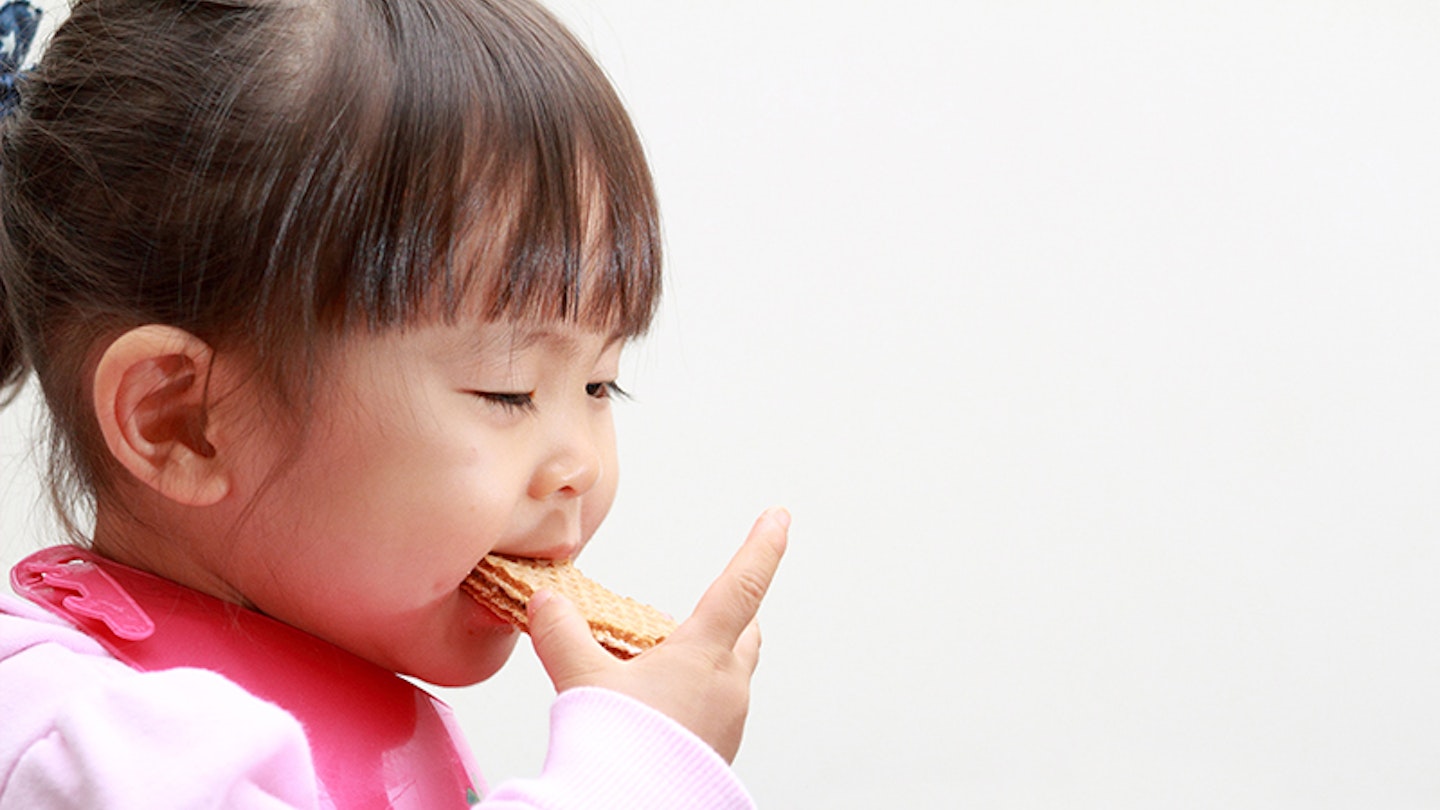Starting your baby on solids is a great chance to get him enjoying different tastes and types of food. But, there are some to keep off his menu for the time being – no matter how delicious they may be.
Foods you shouldn’t give under ones
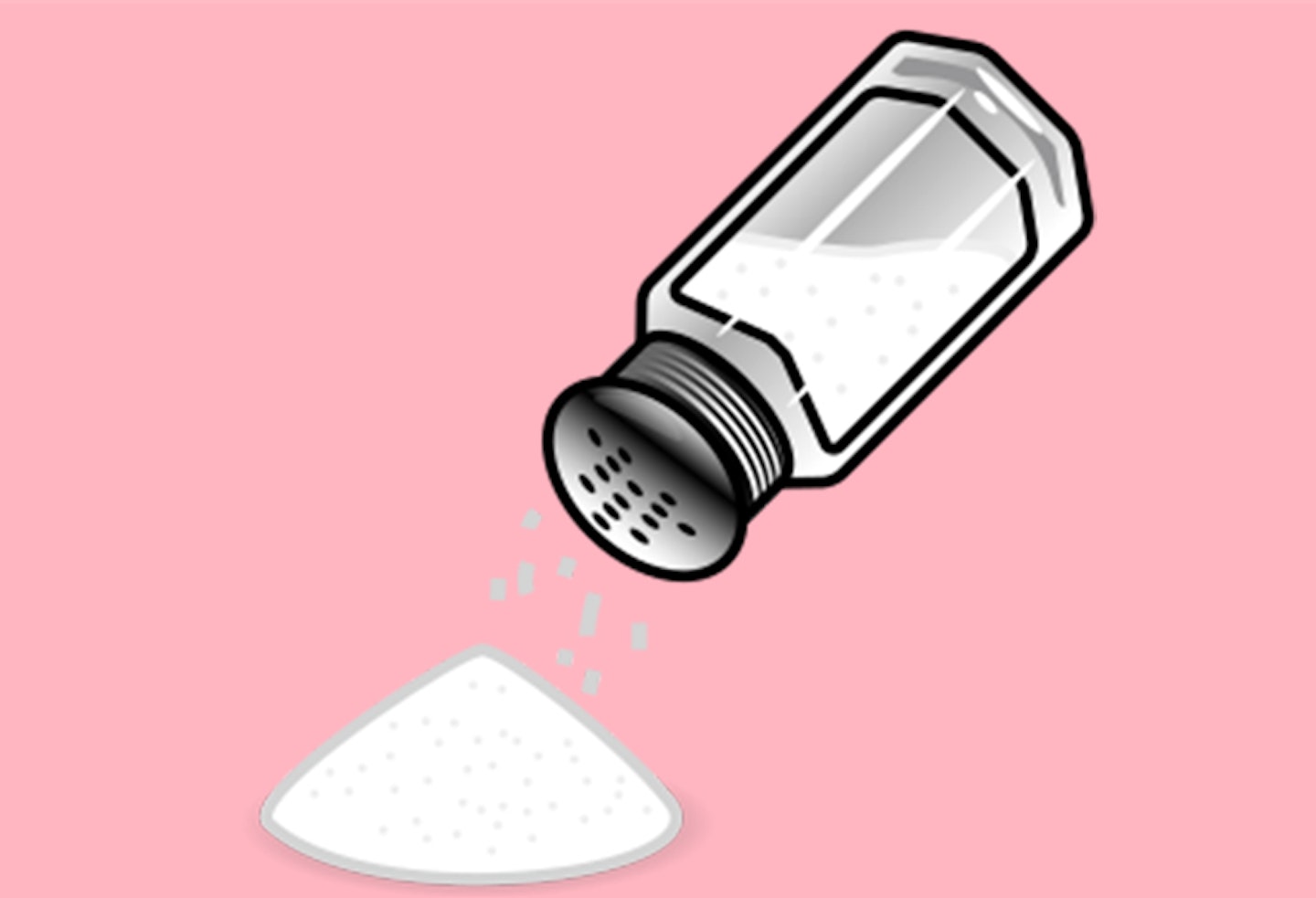 1 of 11
1 of 111) Salt
There’s no need to add salt to your baby’s food as it’s not good for his health – in the same way it isn’t for ours. Up to a year old, the NHS recommends he have less than 1g of salt a day – less than 0.4g sodium – so check the nutritional information on food packaging. ‘If you want to add flavour to his food or purée, try some herbs or a little unsalted butter instead,’ says health visitor Nicola Joseph.
Even if you’re not adding salt to your little one’s diet, it’s important to check the salt content of other foods you might be giving them. Bread, for example has 0.4-0.5g of salt per slice, a digestive biscuit has 0.2g per biscuit and stock from a stock cube has 0.4g per 50ml.
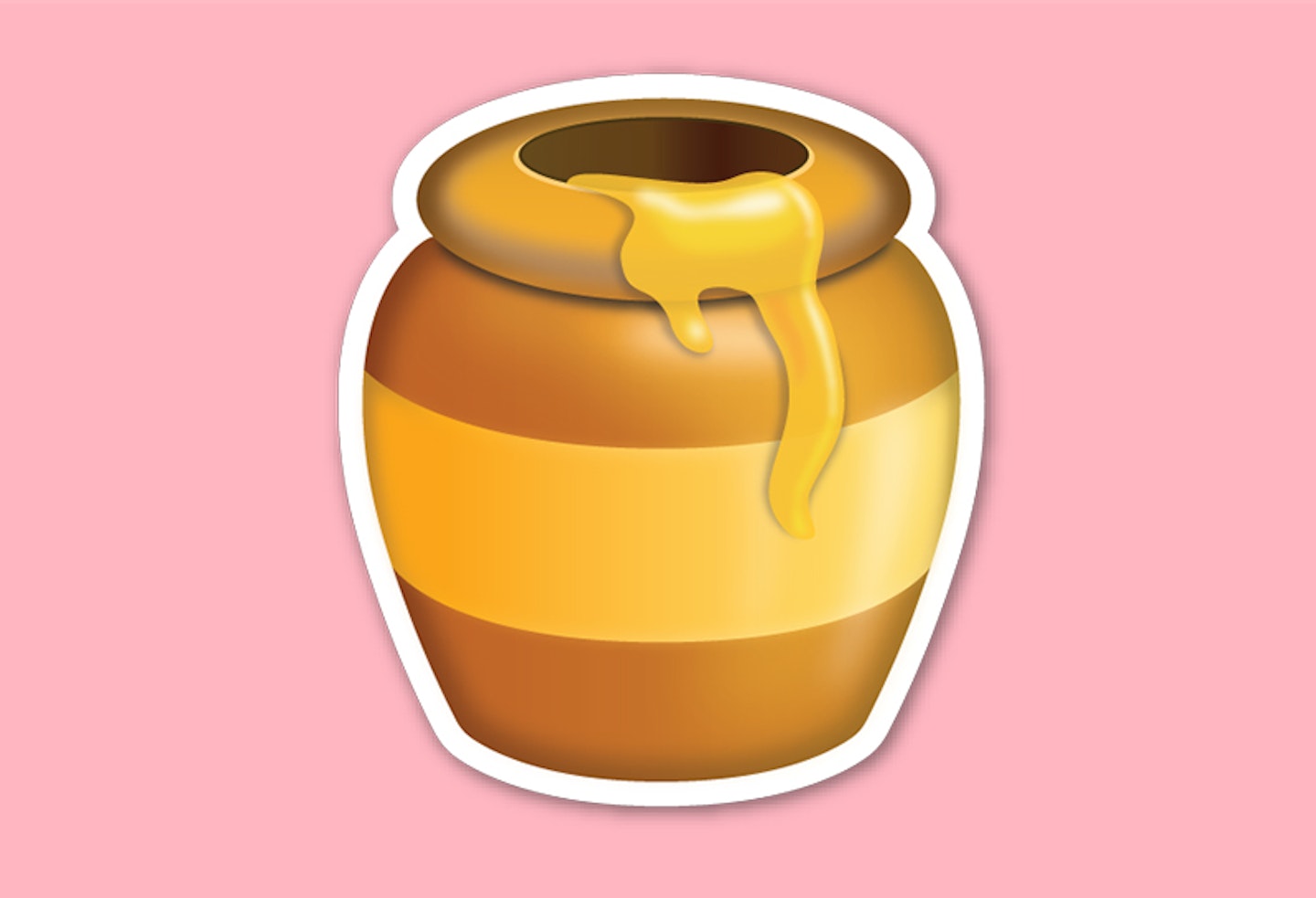 2 of 11
2 of 112) Honey
Delicious on toast, yes, but hold off on the honey until your baby is at least a year old.There can be botulism bacteria (it comes from bees) in it that can make your little one very ill.
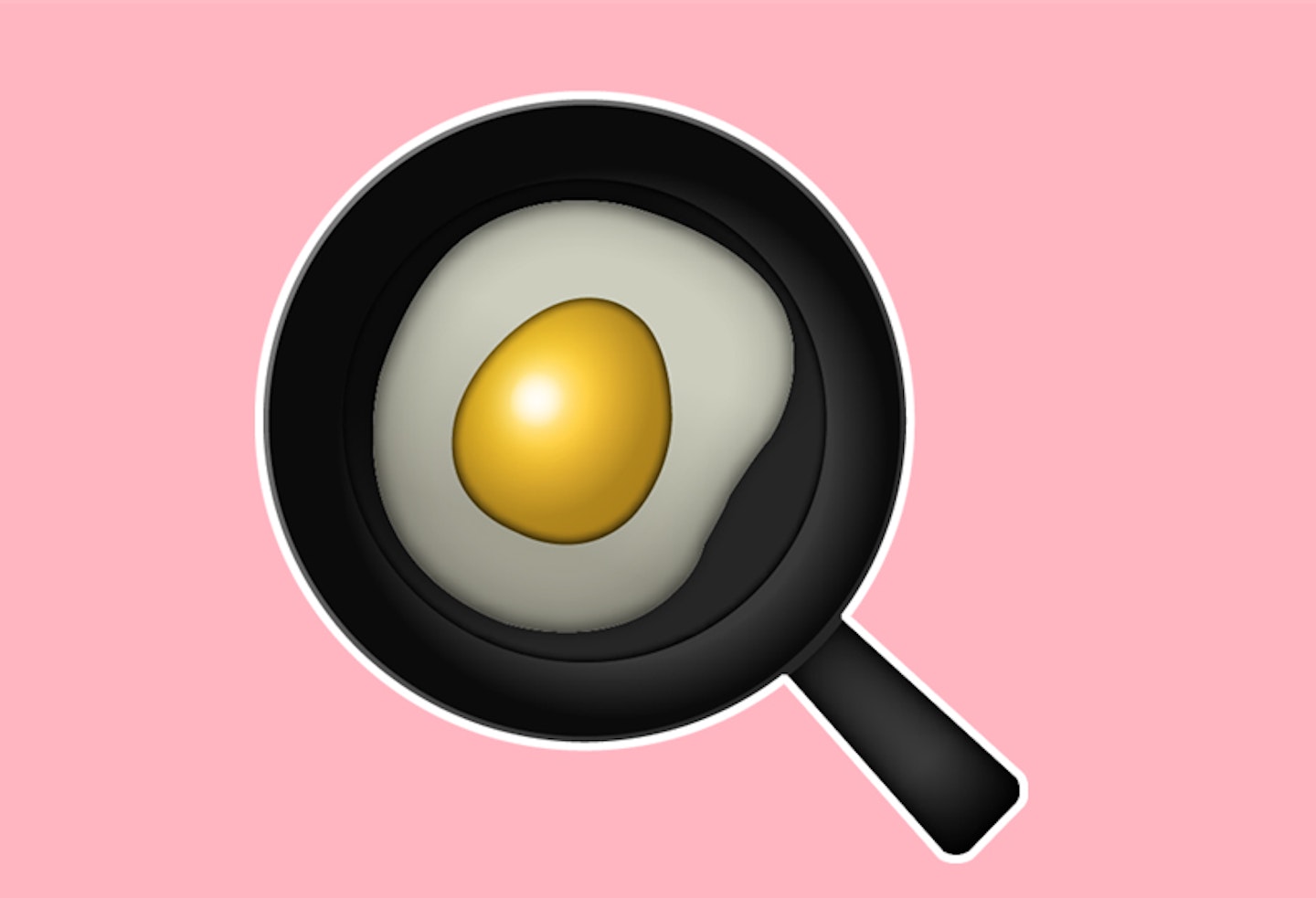 3 of 11
3 of 113) Eggs
Current guidelines recommend leaving eggs out of your baby’s diet for the first six months in case you’ve decided to wean early. Then, because of the salmonella risk, stick to super scrambled or hard-boiled until he’s at least a year old, making sure everything’s well cooked through. ‘After that, you can introduce different eggs at your discretion,’ says Nicola. ‘Your baby’s immunity and tummy are stronger by that stage.’
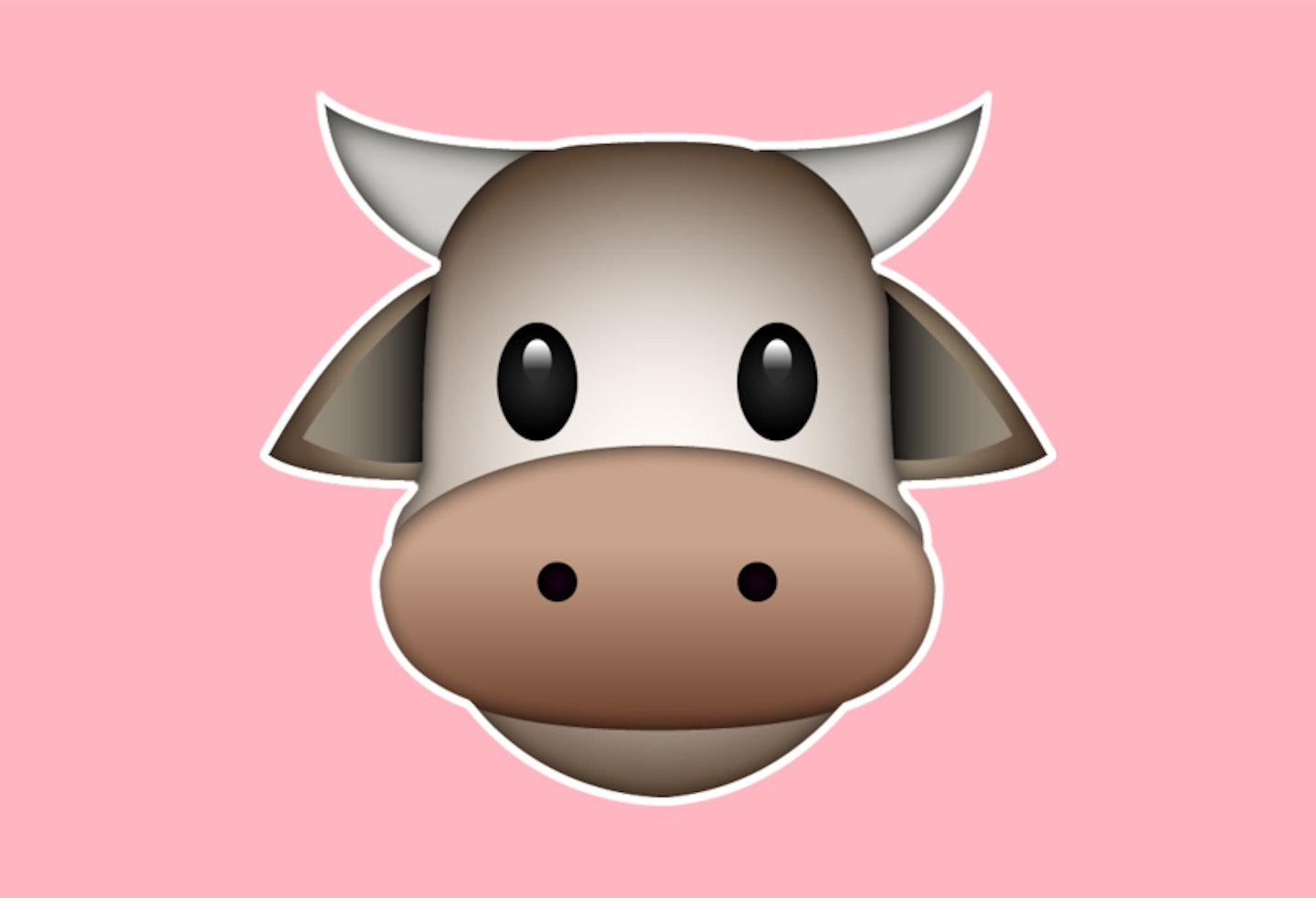 4 of 11
4 of 114) Cow's milk as a drink
Wait until your child’s one year old before giving him cow’s milk as a drink. But, it’s fine to introduce into food after six months – add it to mash or scrambled egg, for example. ‘If you don’t want to use cow’s milk, try goat’s, soya or lactose-free options that are available for babies,’ says Nicola.
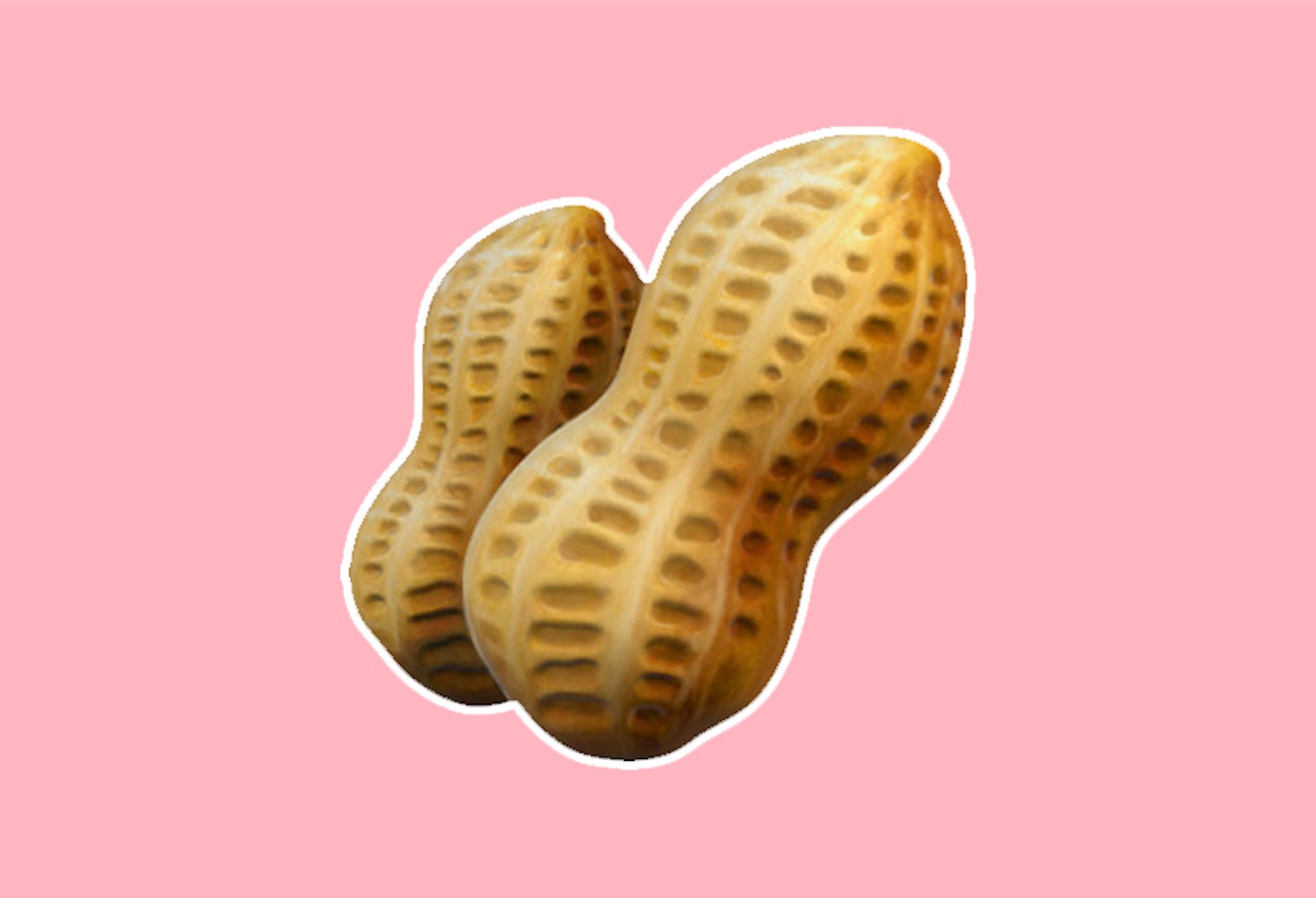 5 of 11
5 of 115) Peanuts
The issue with giving nuts to your baby is the choking risk, so the NHS recommends waiting until your child’s five before giving him whole ones. Smooth peanut butter is ok from around 10 months. ‘If you have a history of nut allergy in your family, you need to be even more cautious and check with your health visitor,’ says Nicola.
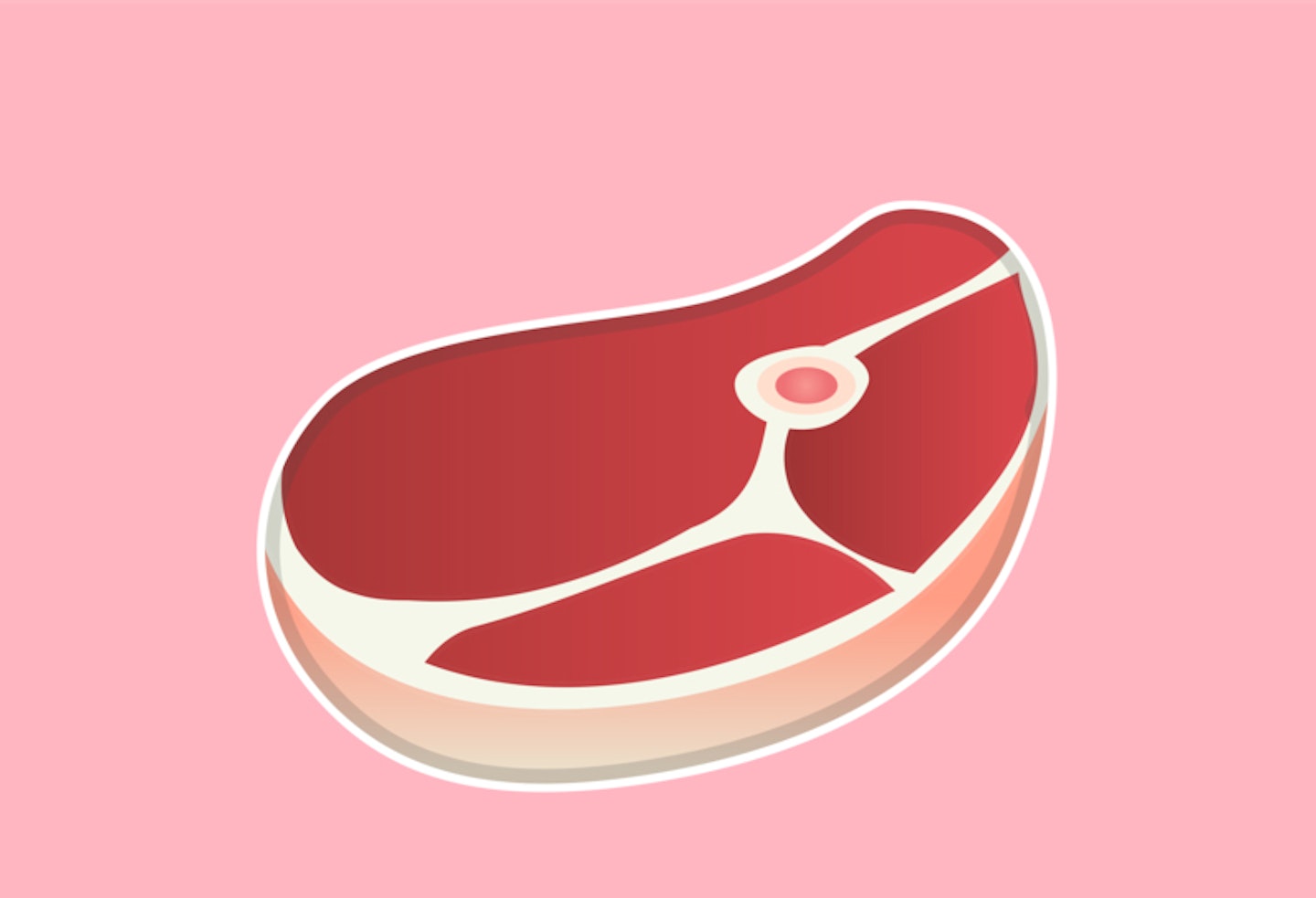 6 of 11
6 of 116) Pate
Not one for your baby’s first year as it contains high levels of the bacteria listeria, which can lead to an illness called listeriosis – basically, a type of food poisoning.
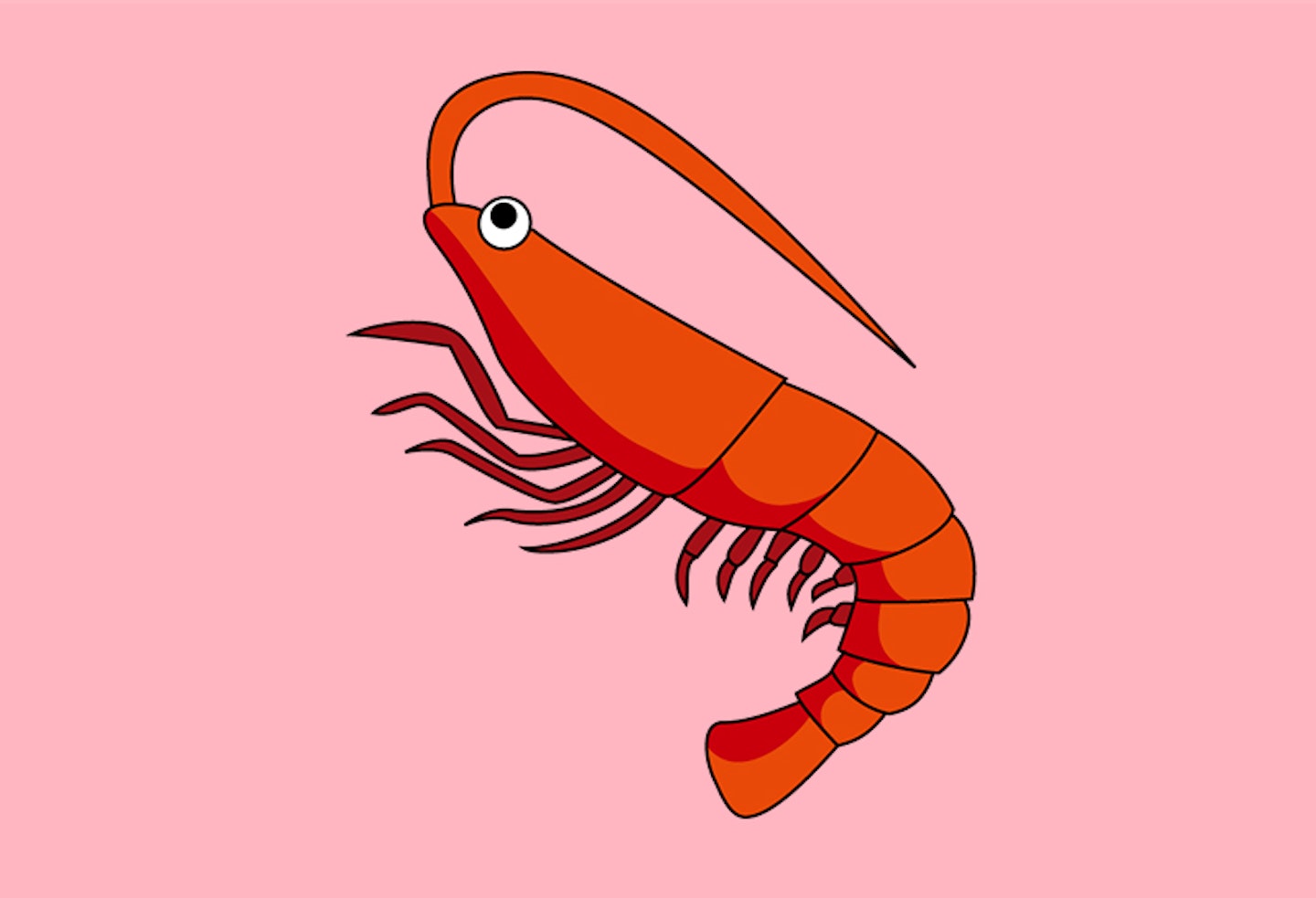 7 of 11
7 of 117) Shellfish
Try and wait a year before introducing prawns and other shellfish for the same reason that you’ve been cautious in pregnancy – there can be a risk of food poisoning that’ll cause more harm in a little one. After that, shellfish is at your discretion, but always try out new foods one by one – and be especially careful if you have an allergy in the family.
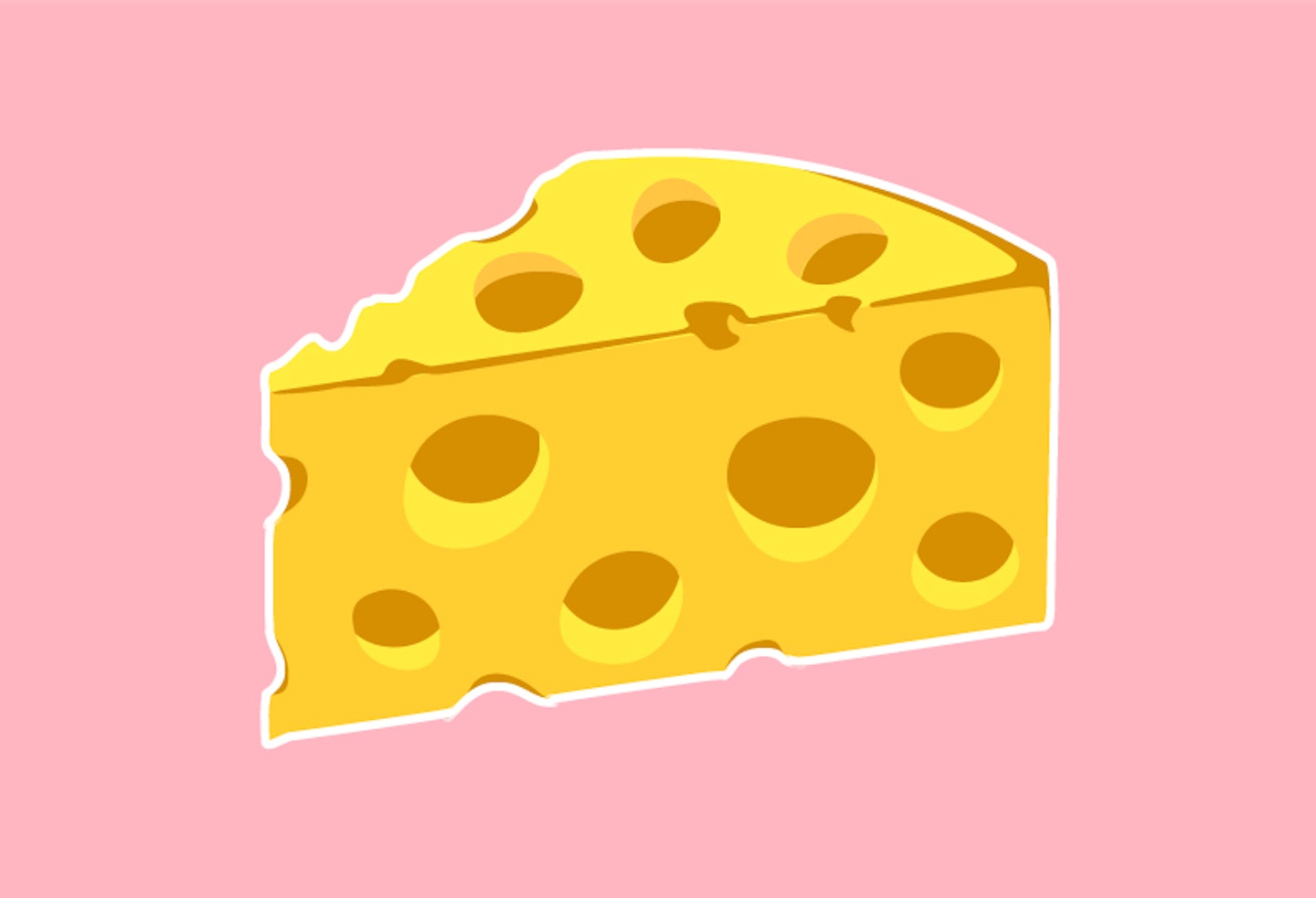 8 of 11
8 of 118) Soft cheese
Because there’s a risk of picking up listeriosis with unpasteurised cheeses such as Brie and camembert, skip mould-ripened soft cheeses for your baby’s first year. ‘Even after that, most parents tend to stick to things like cheddar because young children tend to prefer it,’ says Nicola.
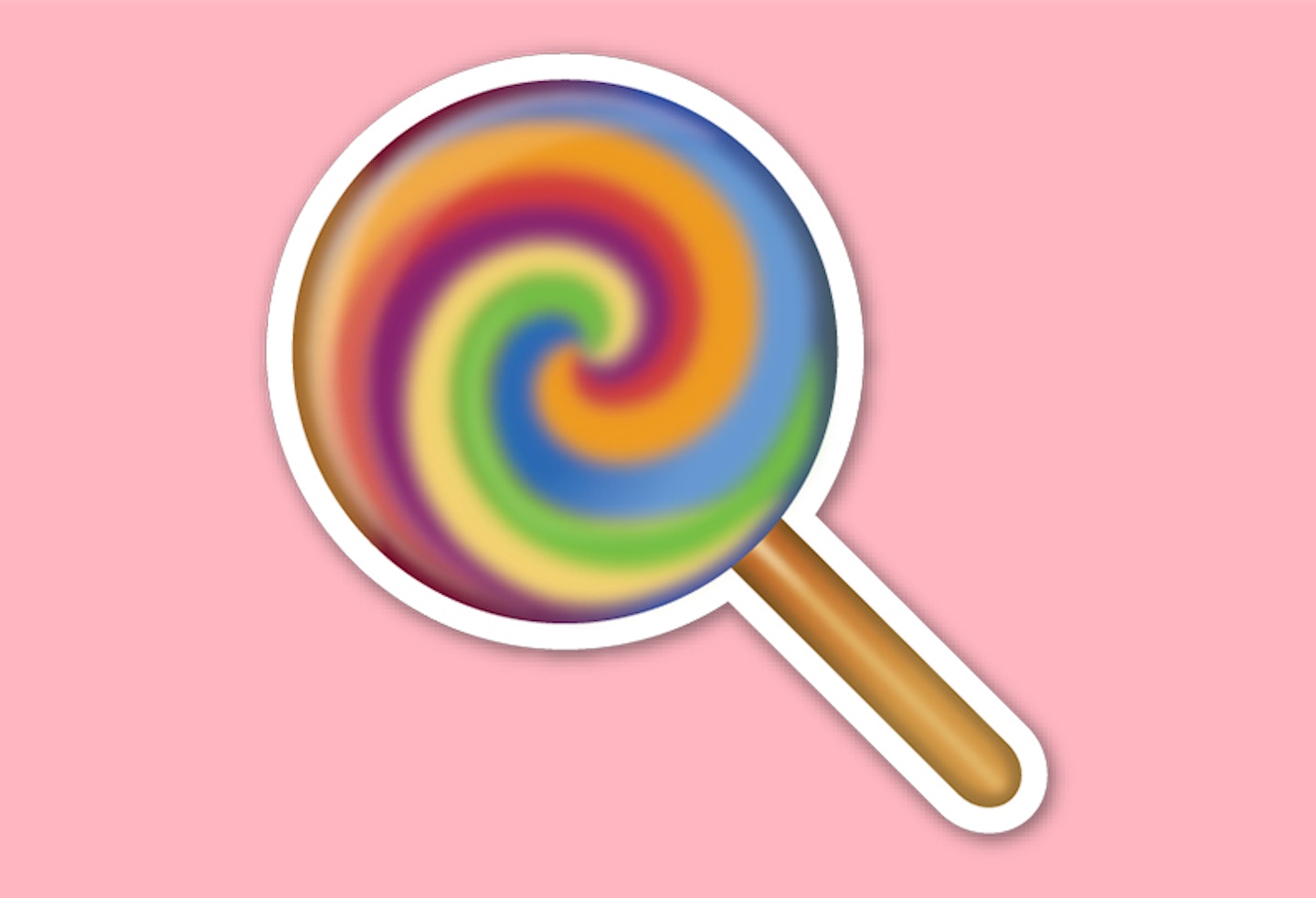 9 of 11
9 of 119) Sugary foods
Just because your baby doesn’t have teeth yet, it doesn’t mean sugar can’t cause problems for his oral health – in this case, his gums. ‘I’d say to leave any chocolate or sweets until your child’s at least a year old,’ says Nicola.
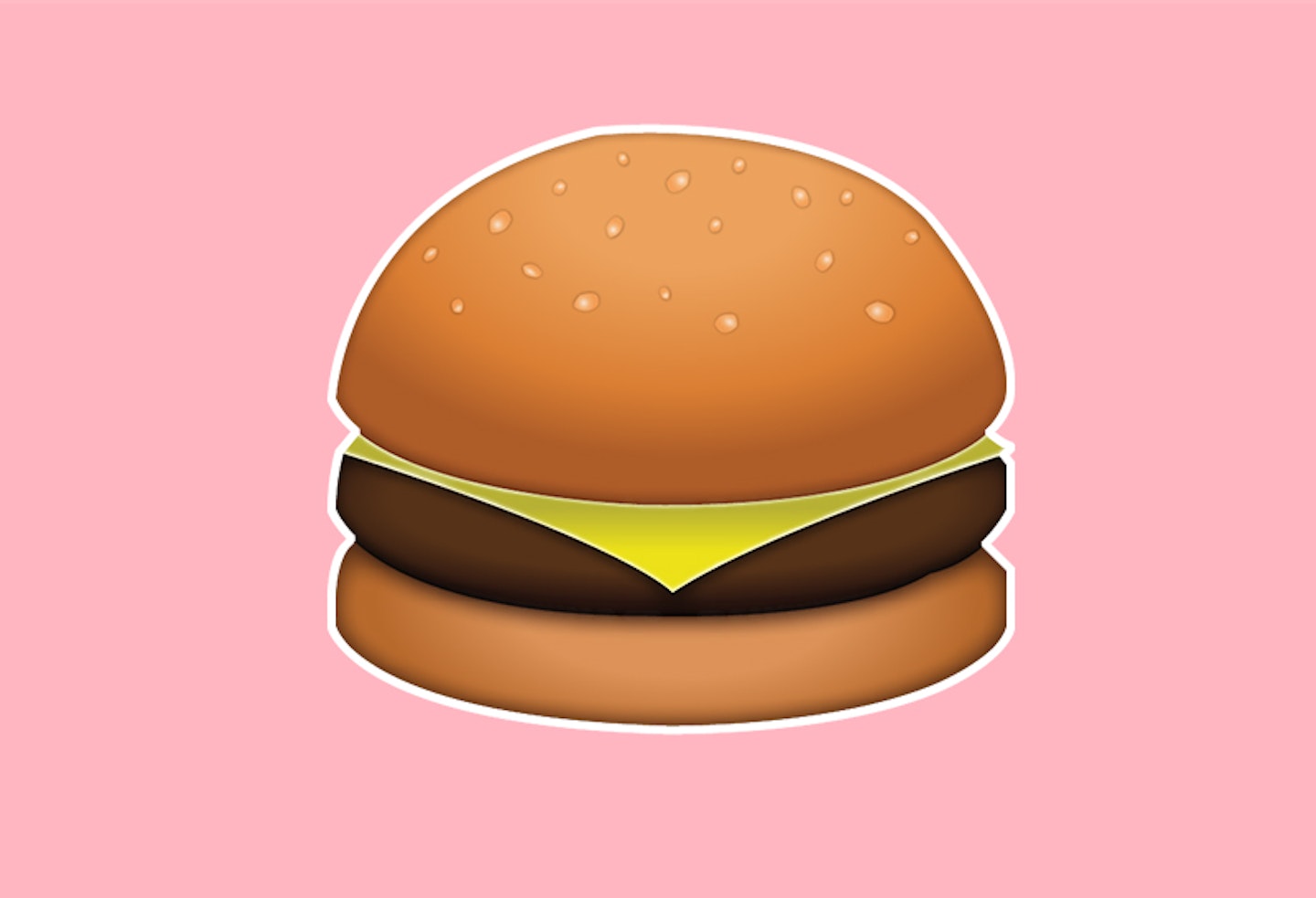 10 of 11
10 of 1110) Foods high in saturated or trans fats
Processed foods such as cheap sausages, or butter and fatty meat are not recommended for your baby. They contain unhealthy fats associated with heart disease and should be avoided.
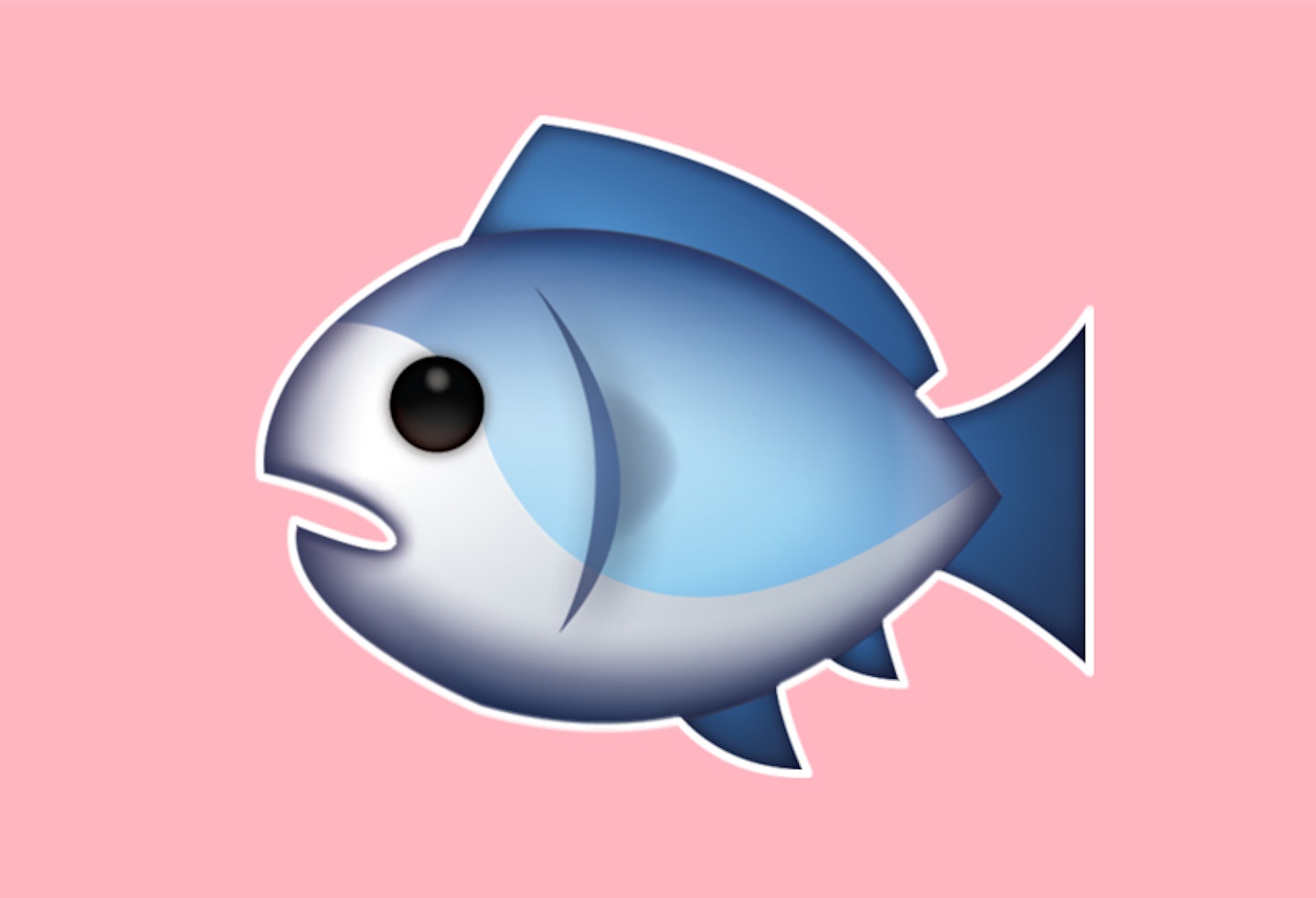 11 of 11
11 of 1111) Too much fish
White fish is absolutely fine, but forget swordfish for your baby’s first year – the high mercury levels can potentially cause problems for his development. For this reason, experts don’t recommend giving your baby swordfish, shark or marlin until they are 16. Oily fish, such as salmon and tuna (the non-canned version), help with brain development and protection against long-term disease. But limit it to around two portions a week, as they can contain some mercury, too.
